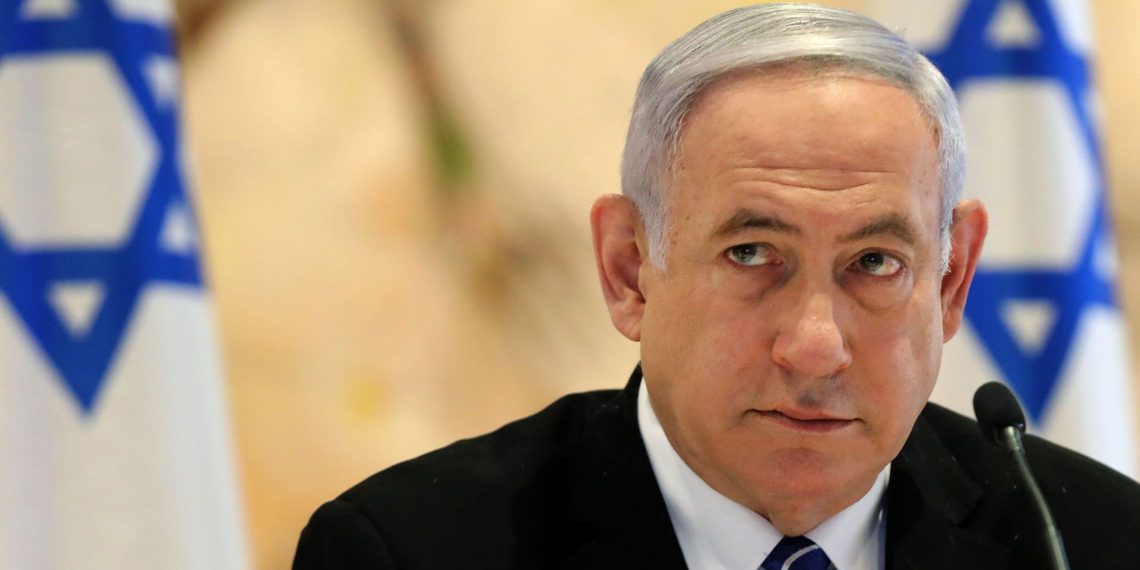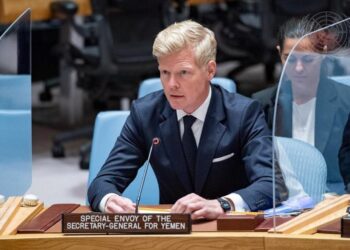Due to a diplomatic crisis with Jordan, Israeli Prime Minister Benjamin Netanyahu’s visit to the United Arab Emirates was cancelled on Thursday.
According to the Netanyahu’s Office, Jordan rejected Netanyahu’s scheduled flight to the United Arab Emirates entrance into its airspace on Thursday morning.
Netanyahu and UAE leader Crown Prince Mohammed bin Zayed Al Nahyan agreed to delay the prime minister’s visit for the fourth time after the two countries formed diplomatic ties in August.
Jordanian Crown Prince Hussein bin Abdullah had intended to enter the Al-Aksa Mosque on the Temple Mount on Wednesday, after security arrangements had been made with Israel.
According to Israeli reports, the prince arrived at the Israeli border with more armed guards than had been settled. Hussein’s visit was cancelled because the extra guards were not allowed to enter Israel.
Jordan’s retaliatory act in rejecting Netanyahu on its airspace has been assessed as a political infamy. In a meeting with regional council heads on Wednesday, Defense Minister Benny Gantz said that Netanyahu’s weak relationship with Jordanian King Abdullah is “the failure of the Netanyahu government in all of its 15 years.”
Israeli-Jordanian relations were tense during Netanyahu’s term, but have recently seemed to be getting warmer. Foreign Minister Gabi Ashkenazi has met with Jordanian counterpart Ayman Safadi three times, and the Defense Minister Benny Gantz is claimed to have met with Jordanian King.
The reality behind the scene seems darker than the headlines. Israel, on its way to better cooperation with Arab states, has several obstacles many of which relates the essence of the potential relationships.
Netanyahu’s visit to the UAE was to be his first since the August declaration of the Abraham Accords, claimed to be the beginning of reconciliation and normalization between Tel Aviv and the Abu Dhabi.
Reports indicate that during Netanyahu’s brief visit to the UAE, Israeli, Emirati, and Saudi officials would collaborate on a potential secret meeting between Netanyahu and Saudi Crown Prince Mohammed bin Salman.
Asked about the truth behind these reports, Netanyahu evaded the answer saying such question will remain unresponded.
While Israel and Saudi Arabia do not have diplomatic ties, their links have been improving, especially in the fight against their mutual foes in the region. Netanyahu and bin Salman reportedly met in Neom last November. Both sides preferred to remain silent though.
The UAE trip was scheduled to take place less than two weeks before the March 23 election in Israel. Reports indicate that officials in the UAE were reluctant to host Netanyahu on a date that could be perceived as politically motivated. Netanyahu’s persistence on holding the meeting finally worked two weeks before an election in which he stands weak chance.
Jordan’s practice on the issue may also have political color as Netanyahu’s revenue in his 13-year job proved damaging to Jordan’s policies.
Netanyahu’s prior trips to the UAE were cancelled three times: twice due to COVID-19 lockdowns, as well as diplomatic adjustments, and once due to scheduling problems in Abu Dhabi.
The normalization between Israel and Arab countries, mediated by the United States under Trump, has gone through a complicated process in recent months. From visa over-controls and airport mis-practice to local dissatisfaction in Arab countries, the cooperation seems to have dimensions not considered before the agreement was announced.
Over the course of past months, political positions and policies on a number of issues were critically inconsistent. Pressed by Trump who found his fate in last year’s election locked with normalization process, Arab countries and Israel stepped into an agreement in which all three sides will be the losers; Trump was the first victim.







